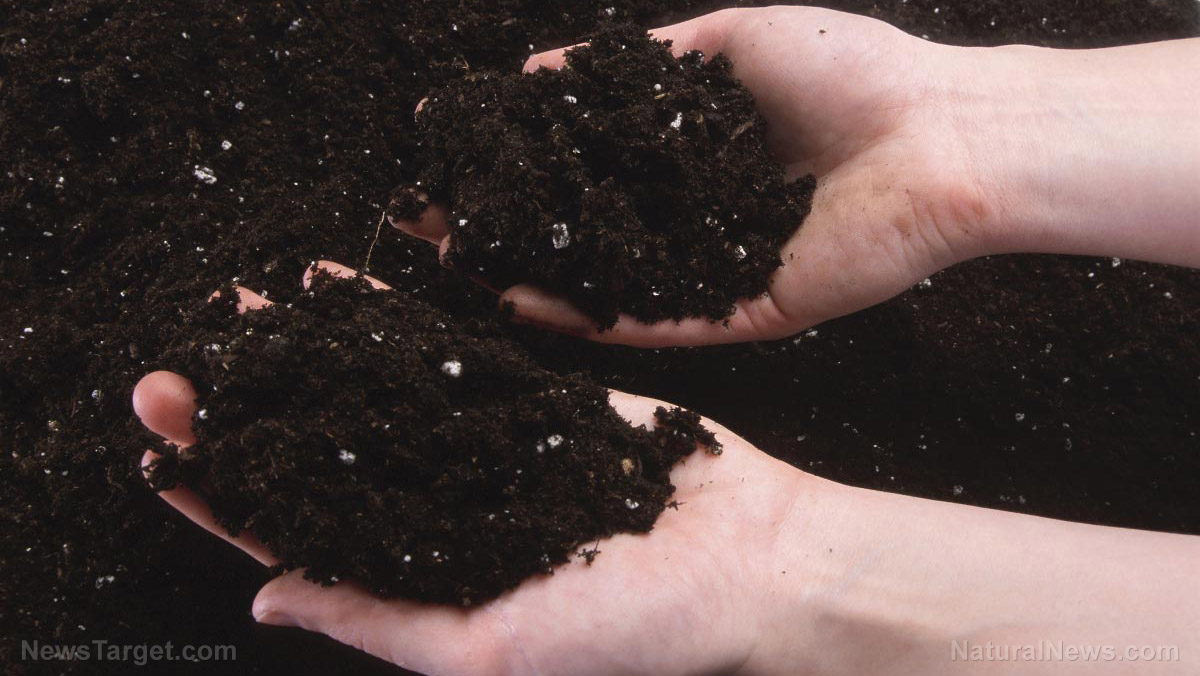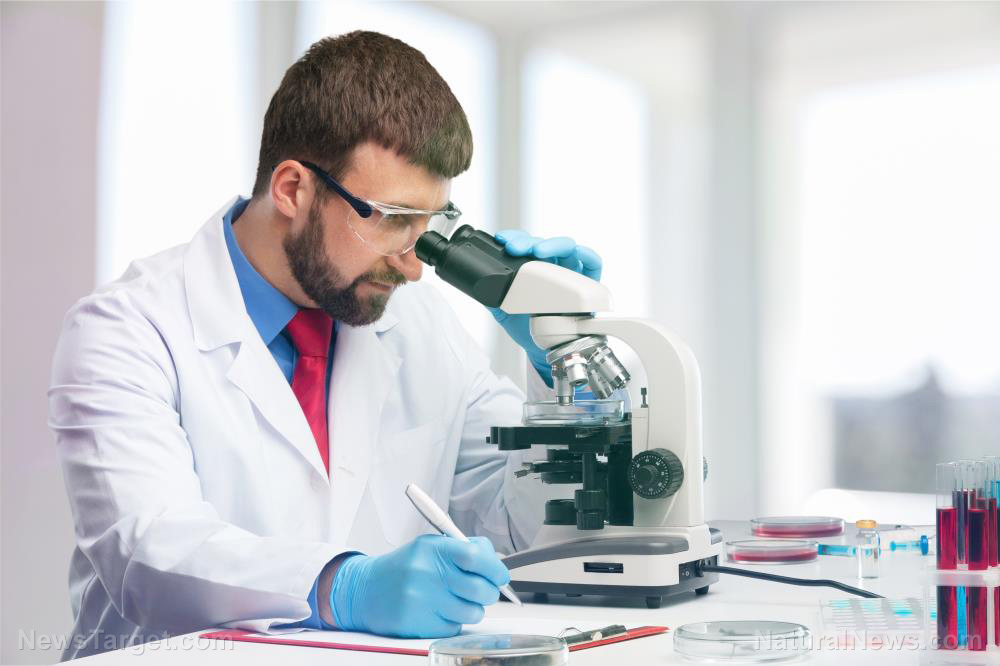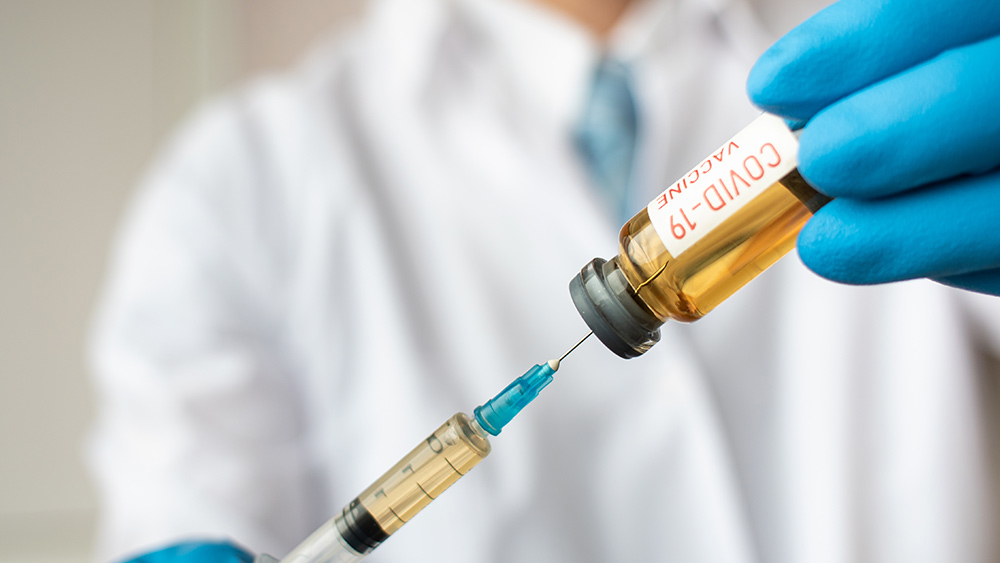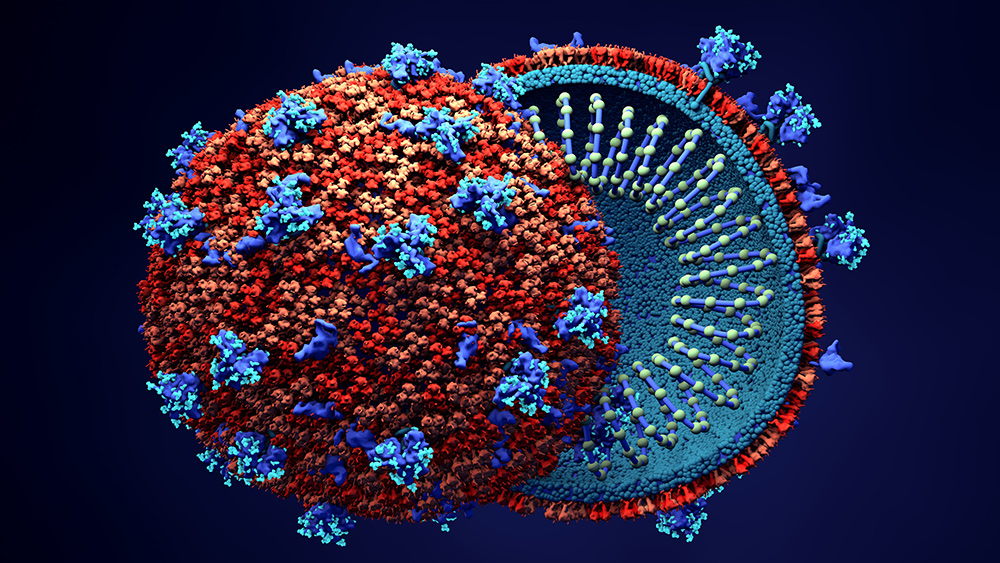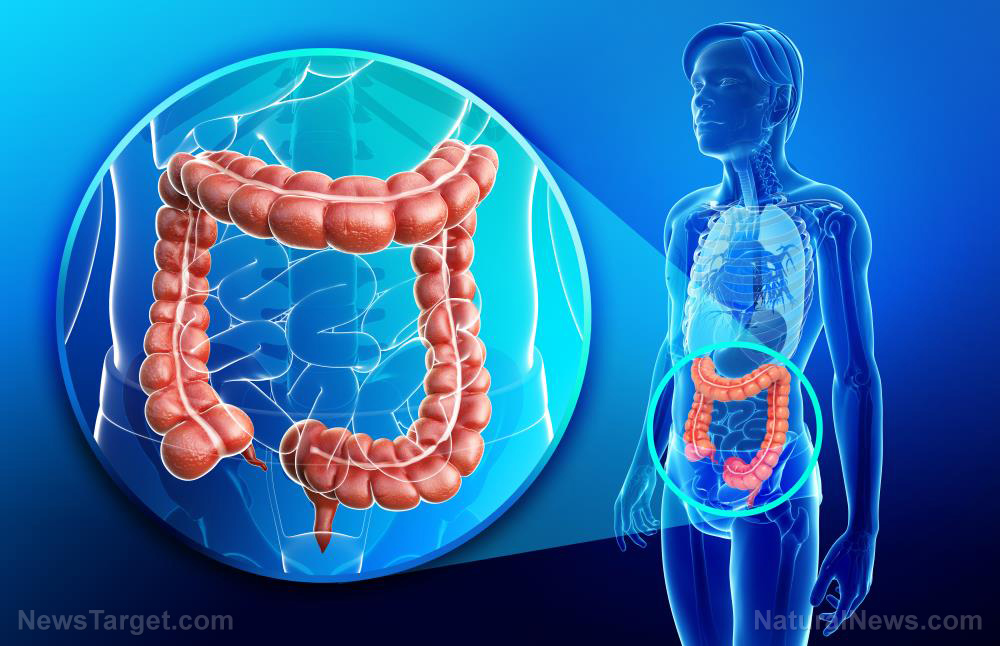Vitamin K1 and K2: Which form benefits cardiovascular health?
07/10/2020 / By Divina Ramirez
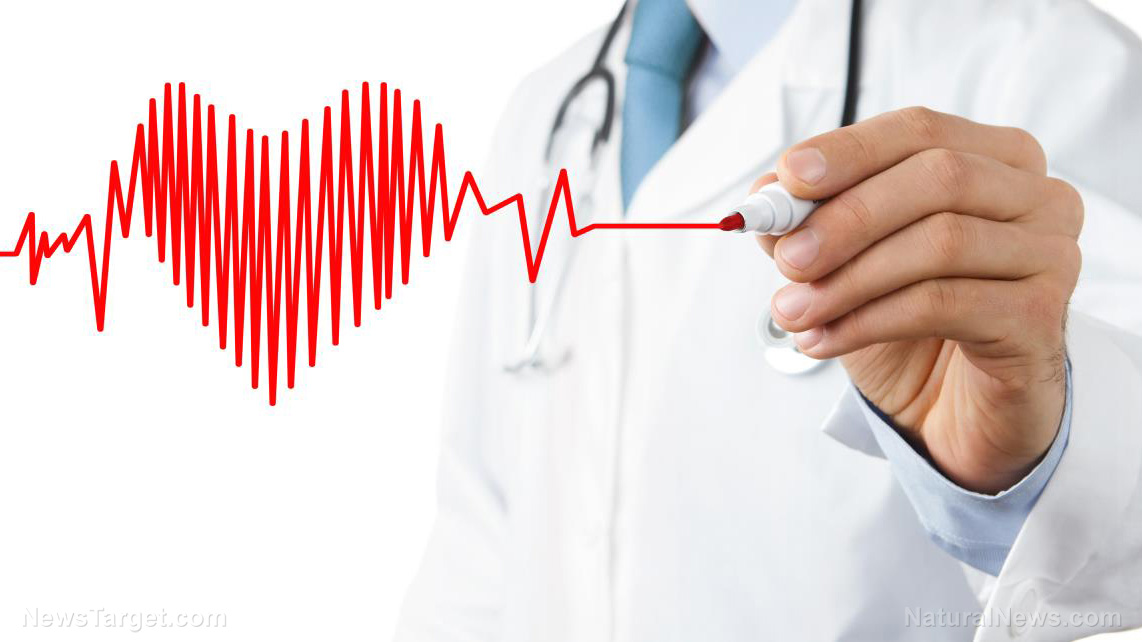
A causal relationship exists between lower concentrations of matrix Gla protein (MGP), a biomarker of vitamin K status, and lower coronary heart disease (CHD) risk, reports a recent study published in Clinical Nutrition. However, lower CHD risk is not linked to vitamin K1 levels, which suggests that vitamin K2 is likely responsible for the heart benefits associated with vitamin K.
Decreased CHD risk related to vitamin K2 levels, not K1
Vitamin K occurs in two main forms: vitamin K1, or phylloquinone, and vitamin K2, or menaquinones. Phylloquinone can be found in salad greens like spinach, kale and romaine lettuce. This particular form of vitamin K is, for the most part, responsible for the micronutrient’s reported benefits for blood clotting.
Menaquinones, on the other hand, can be found in milk, cheese and fermented foods like natto – a traditional Japanese dish of fermented soybeans. Menaquinones support bone health by reducing the risk of osteoporosis in later life. According to research, menaquinones achieve this by stimulating the calcium-binding actions of MGP to build and maintain strong bones.
Prior to the study, the mechanism behind vitamin K’s reported heart benefits had been unclear. But researchers have now found that increasing one’s vitamin K2 levels can help lower the risk of heart disease — a leading cause of death in the United States.
To understand the causal relationship between vitamin K concentrations and CHD risk, the team analyzed data from three large studies, namely: the EPIC-CVD case-cohort study, the CARDIoGRAMplusC4D Consortium and the UK Biobank. The studies had a combined total of 103,097 recorded cases of CHD.
Using these data, the team calculated a genetic risk score for each CHD case to determine if genetic risk factors are related to concentrations of phylloquinone and dephosphorylated-uncarboxylated MGP (dp-ucMGP). The latter is the inactive form of MGP that requires vitamin K for activation. Small amounts of dp-ucMGP represent long-term high vitamin K intake.
The team found that phylloquinone concentrations did not affect CHD risk, but decreased concentrations of dp-ucMGP appeared to be causally related to decreased CHD risk. Because phylloquinone had no impact on CHD risk, the researchers suggested that menaquinones may be behind the observed heart benefit.
The team also said that menaquinones are absorbed better by the body than phylloquinone. Therefore, menaquinones – vitamin K2 – and not K1, may be more beneficial for heart health and overall health than other forms of vitamin K. (Related: Keep your heart and bone health a-ok by increasing intake of vitamin K.)
High intake of vitamin K2 related to a reduced risk of CHD
Another recent study published in the British Medical Journal also found that high intake of vitamin K2, not K1, is related to a reduced risk of CHD.
To understand the role of vitamin K in vascular calcification, a complication related to atherosclerosis, CHD and other heart conditions, a team of Norwegian researchers studied 2,987 participants from 1997 to 2009 in the community-based Hordaland Health Study.
After a follow-up period of 11 years, the team documented 112 incident CHD cases. Upon examination of these participants’ vitamin K intake, the team found that vitamin K1 is not related to CHD risk. In contrast, a higher intake of vitamin K2 appeared to be linked to a reduced risk of CHD.
Based on their findings, the researchers concluded that a higher intake of vitamin K2 from foods like cheese, meat, eggs and other dairy products is related to a reduced risk of CHD.
Read more articles about vitamin K and other micronutrients for heart health at Nutrients.news.
Sources include:
Tagged Under: #nutrition, coronary heart disease, heart health, menaquinones, natural cures, natural medicine, nutrients, phylloquinone, prevention, research, supplements, Vitamin K, vitamin K1, vitamin K2


